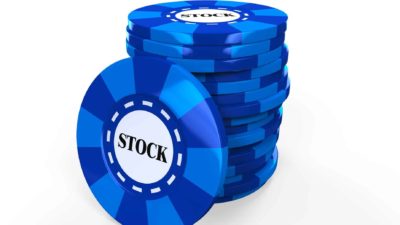The S&P/ASX 200 Index (ASX: XJO) has gone gangbusters over the last couple of years.
The index returned a chunky 13% during 2021, and has risen more than 54% since the trough of the March 2020 COVID-19 panic sell-off.
So it's not entirely surprising that many investors are nervous that a brutal correction is just around the corner.
Should you be exiting out of ASX shares and saving it as cash? Then that cash can be used to buy back in later when stocks are cheaper?
Timing the market is a fool's game
Aoris Investment Management chief investment officer Stephen Arnold reminded investors that while that strategy sounds great in theory, in practice it's playing with fire.
"History shows that attempting to profit from the market's zigs and zags along its upwards journey is far more likely to detract from investment returns than add to them," he said in a letter to investors.
"What matters is what you own."
Those investors who increase their cash allocations trying to foreshadow a market correction suffer from "the fallacy of composition".
"They believe that what is true of the whole is also true of all the component parts. Having formed a view on the equity market in totality, they project this view onto all equities."
Stock selection is key to beat a correction
Stock selection is far more important than any market movements, because indices don't really represent any single portfolio.
"The index is mostly made up of businesses we don't own. I've seen many poor investment decisions made as a result of confusing these two constructs," said Arnold.
"Over an investment cycle, the returns from a stock portfolio such as ours will be largely a function of the change in value of the businesses we own over that multi-year period."
According to Arnold, the reality is that returns from any individual ASX share will look "nothing like the average".
"Thinking about equity market indices and averages misses the dispersion of stock returns within an index," he said.
"To illustrate this dispersion, in 2021 the returns of the best 20% of the global equity market exceeded those of the worst 20% by almost 90%."
'The future is unknowable'
Arnold said he has no view on which way the market will head in 2022.
"I do, though, have a considered view on the value of each of the 15 companies we own, as well as all those on our reserve list."
This is why he remains fully invested and "holds as little in cash" as possible for his clients.
"I believe the value of the 15 companies we own is rising at a rate of around 10% per annum," he said.
"To hold $1 of portfolio capital in cash and eschew the opportunity to have it invested in one of our companies in the expectation that the share price may fall 10% or more from an already attractive level would not be judicious."
True long term investors know that yearly events have minimal impact on their ultimate success.
"The future is unknowable, and we simply have to make peace with that," he said.
"In equity investing, living with uncertainty is much easier when we realise that much of what most market participants and commentators fret about, such as election outcomes and monetary policy, have very little bearing on long-term returns."









